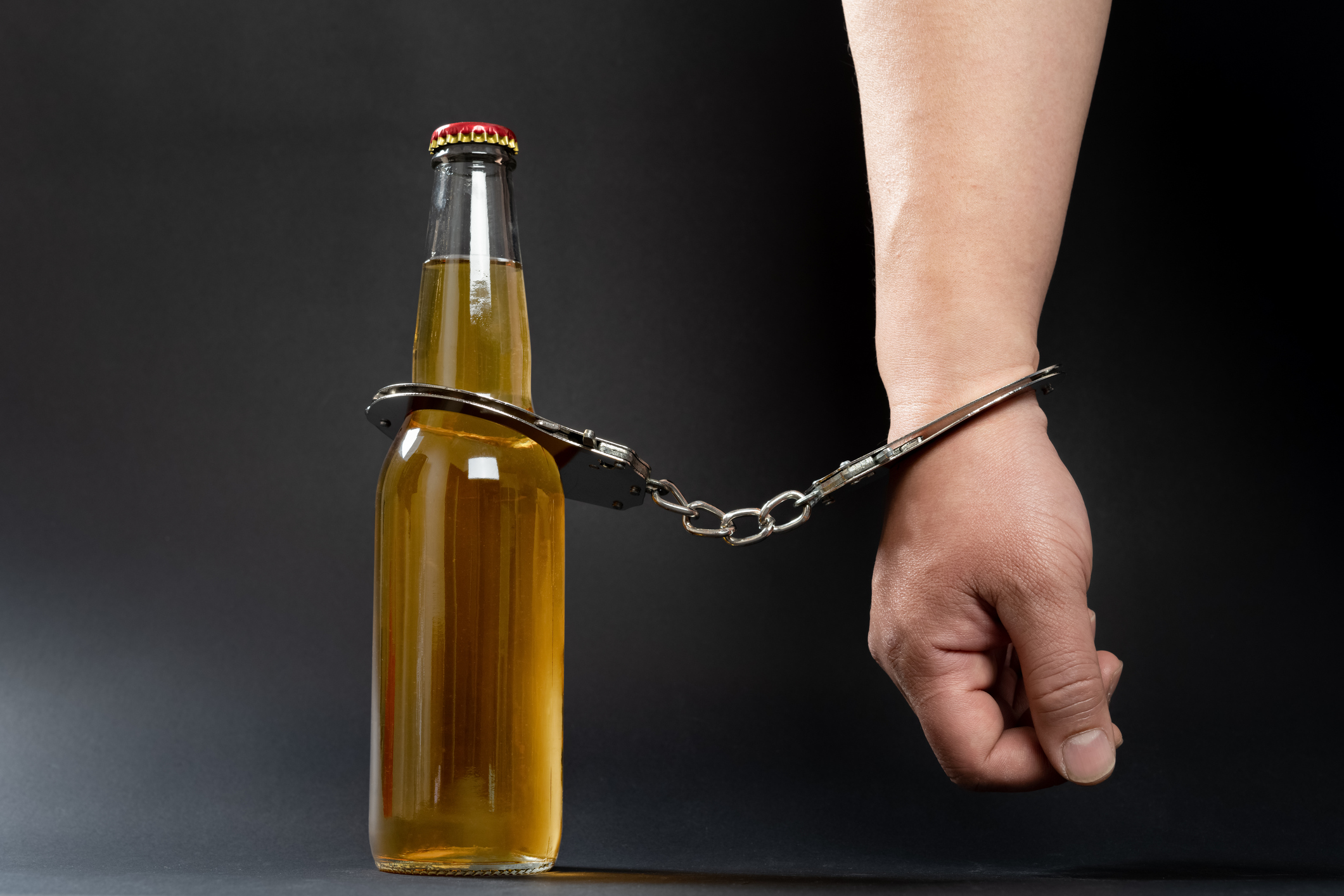New Virginia Laws
Effective July 1, 2016 the bills passed by Virginia’s General Assembly will go into effect. A comprehensive list of new laws can be found here. The new laws taking effect cover a wide variety of issues. Below are a couple of the laws that may impact you.
Marriage: A new minimum age to marry was established in HB 703/SB 415, doing away with previous exceptions that allowed juveniles to marry at age 16 with consent of a parent.
Alcohol: Virginia ABC retail stores may open an hour earlier on Sundays (noon) and may also be open on New Year’s Day. Beer and cider can now be corked at a restaurant in the way wine can be, following the same laws. For the complete list of ABC laws, click here.
Cannabidoil and THC-A oil: A pharmaceutical processor, after obtaining a permit can manufacture and provide cannabidiol oil and THC-A oil for the treatment of intractable epilepsy, per SB 701. Only doctors who specialize in the treatment of epilepsy can write the prescription.
Domestic Animals: Any dog that injures or kills only poultry must be microchipped and either secured or transferred to another owner whom the court deems appropriate. Previously, such a dog was killed or removed to another state.
Dooring: The law, SB 117, requires drivers to wait for a reasonable opportunity to open vehicle doors on the side adjacent to moving traffic. This includes watching for bicyclists passing. A violation constitutes a traffic infraction punishable by a fine of not more than $50.
DMV: Senate Bill states that learner’s permit holders may not have more than one passenger under age 21, with the exception of household or family members. The passenger restriction was previously placed on passengers under 18.
Smoking: HB 1348 makes it illegal to smoke in a vehicle with a child under the age of eight.
Execution: With HB 815, the Director of the Department of Corrections is authorized to seek new ways to get the drugs necessary for execution by lethal injection, and negotiations can be kept confidential and exempt from the Freedom of Information Act. Often the companies or pharmacies that provide the necessary drugs are protested.
Firearms: As part of the compromise with McAuliffe, Republicans were able to pass HB 1163/SB 610, which allows state residents with permits to conceal carry in most other states, and in exchange, Virginia recognizes the conceal carry permits from those states.
Background checks — firearms: HB 1386/SB 715 establishes that State Police be made available to perform background checks for non-dealer sales at firearms shows if requested by a party involved in a transaction.
Hemp: A person with a license to manufacture industrial hemp products can engage in scientific, agricultural, or other research involving the applications of industrial hemp without prosecution, per HB 699/SB 691.
License plates: One special plate has been issued, for supporters of the safety of runners bearing the legend MEG’S MILES.
Service dogs: Per SB 363, any person who knowingly and willfully fits a dog with a harness, collar, vest, sign, or identification in order to represent that the dog is a service dog or hearing dog to fraudulently gain public access for such dog in a public place is guilty of a Class 4 misdemeanor.
Stalking: It is a now a felony to stalk a party protected by a protective order or to commit an assault and battery upon a party protected by a protective order if such assault and battery results in bodily injury. Previously, the Class 6 felony is only applicable if the person commits an assault and battery that results in serious bodily injury to the protected party.
*Repeat stalking offenses committed within five years of a prior stalking conviction are now punishable as a Class 6 felony. Under previous law, a second offense of stalking only qualified for the Class 6 penalty if the convicted person had also been convicted of offenses involving assaults or bodily woundings, or of violating a protective order.


